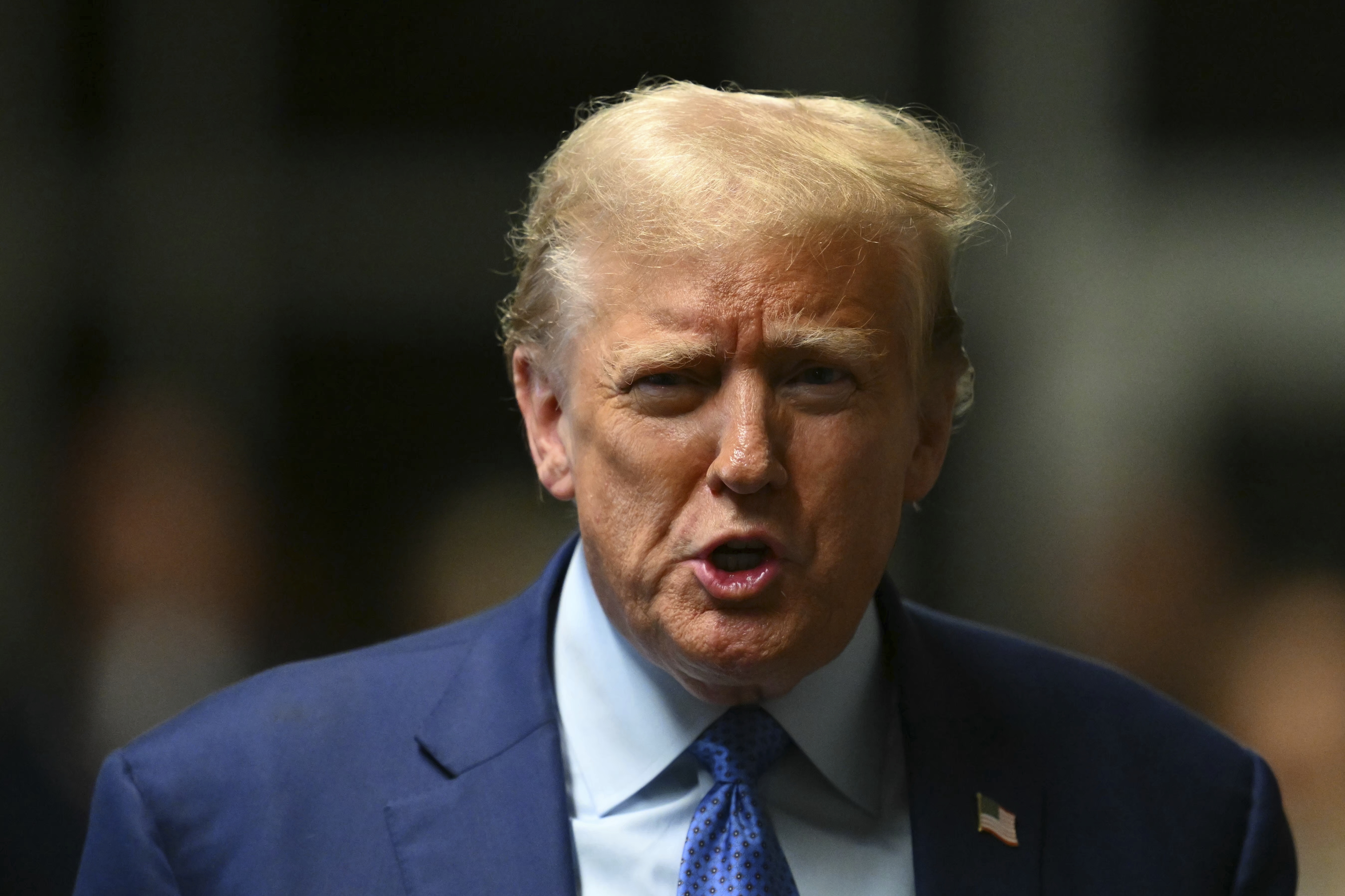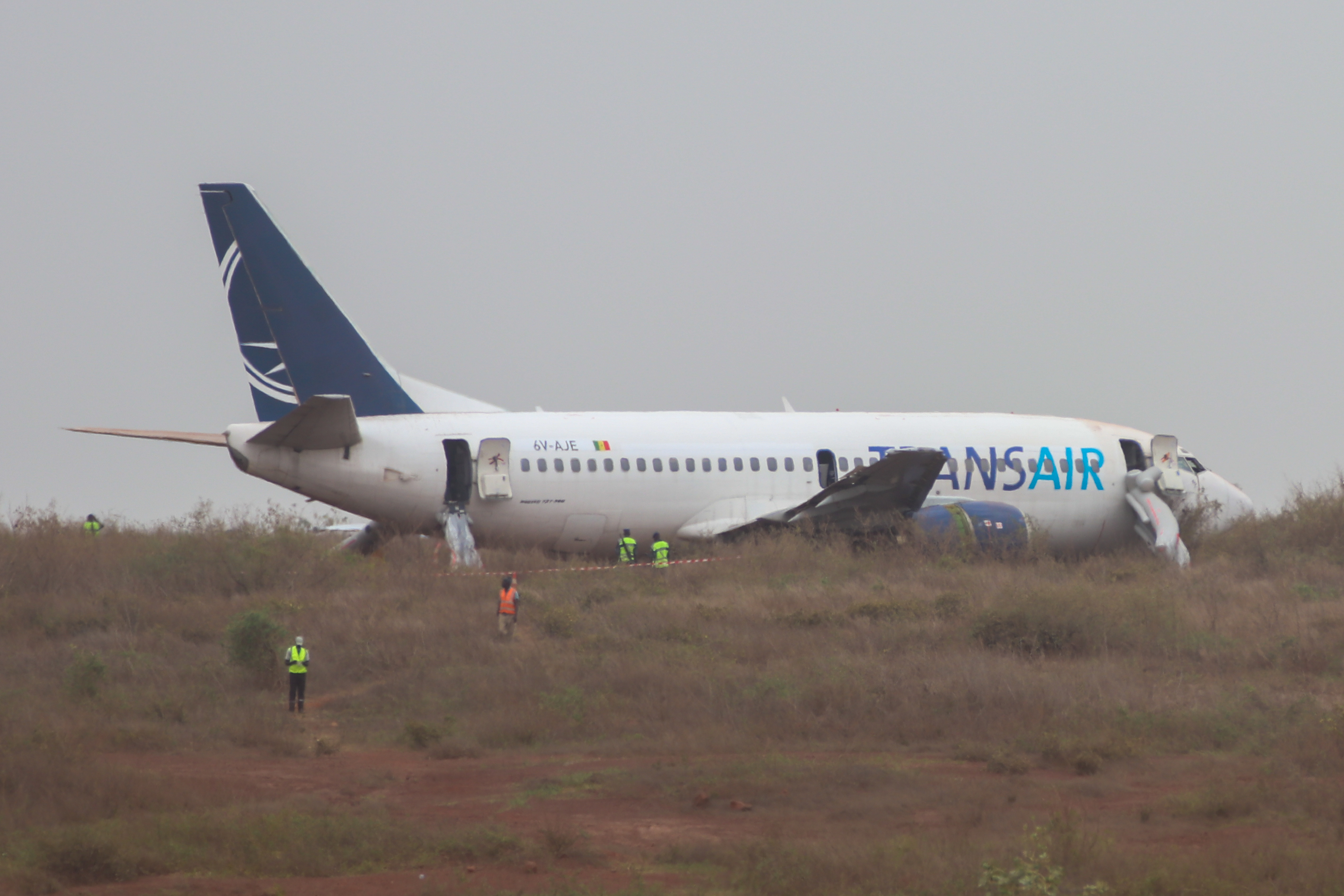A drunk driver did not deserve "execution" by a Texas father accused of taking the law into his own hands in a fit of rage over the killing of his two sons in a wreck, a prosecutor told jurors on Tuesday.
David Barajas is accused of fatally shooting Jose Banda in December 2012, minutes after Banda plowed into a pickup truck that Barajas and his two sons had been pushing on a rural road. Twelve-year-old David Jr. died at the scene and 11-year-old Caleb died at a hospital. Barajas' truck had run out of gas about 100 yards from the family's home.
In opening statements Tuesday in Barajas' murder trial, prosecutor Brian Hrach told jurors Banda made a horrible decision by drinking and driving.
Banda "deserved punishment. He deserved severe legal punishment, but he did not deserve a public execution," Hrach said.
Barajas allegedly left the scene of the accident, retrieved a gun from his home and returned to kill Banda.
Sam Cammack, Barajas' attorney, told jurors his client did not kill Banda, and that the father never left the crash site. Cammack described to jurors an accident scene in which Barajas, desperate to help his sons, was covered with their blood after he had tried to perform CPR on the boys.
"When police get there my client is doing what he was doing the whole time, trying to save his children's lives," Cammack said.
U.S. & World
News from around the country and around the globe
Legal experts said the case will be difficult to prosecute given the lack of hard evidence: no weapon was recovered, no witnesses identified Barajas as the shooter and gunshot residue tests done on Barajas came back negative.
An even greater challenge for prosecutors could be overcoming sympathy in the community for the father. Many people in the town of Alvin where the tragedy occurred, 30 miles southeast of Houston, have supported Barajas. Some have said they might have done the same thing in a similar situation.
Hrach tried to minimize the absence of a murder weapon, saying that a bullet fragment from a .357 caliber weapon was found at the murder scene and that an open box with .357 caliber ammunition was found in Barajas' home.
The home security system at Barajas' house with cameras that would have shown the accident scene had been disabled, the prosecutor said.
Witnesses will testify that they saw Barajas leave the scene and then come back and approach Banda's vehicle, going up against the car, appearing to be hiding something, Hrach said.
Barajas' blood was found on the armrest and dashboard of Banda's car, Hrach said.
But Cammack tried to cast doubt on prosecutors' claims that Barajas was responsible by suggesting to jurors that various other people seen near Banda's vehicle after the wreck could have been responsible.
When 911 calls were played for jurors later Tuesday, Cammack tried to suggest Barajas would not have had enough time to shoot Banda.
On the calls, screaming can be heard in the background as an unidentified caller told a dispatcher a boy is "bleeding badly ... he's in half. It's bad."
While questioning dispatcher Grace Gambino, Cammack highlighted for jurors the timeline. The first 911 call came in at 11:33 p.m., a child was reported dead at 11:34 p.m., gunshots were heard at 11:35 p.m. and police had arrived at the scene and cleared it for EMS to come in at 11:40 p.m.
If convicted, Barajas faces up to life in prison.
At least 25 family members and friends of Barajas were in the courtroom, wearing buttons that said, "Forever in our hearts, David and Caleb Barajas" and with a picture of the two boys. At least 20 relatives and friends of Banda were also in the courtroom.
Before opening statements, Judge Terri Holder asked that family members take off the buttons, saying she did not want anything to influence the jury.
"This is a difficult case for everyone involved. Everyone in here has lost somebody they loved," she said.



